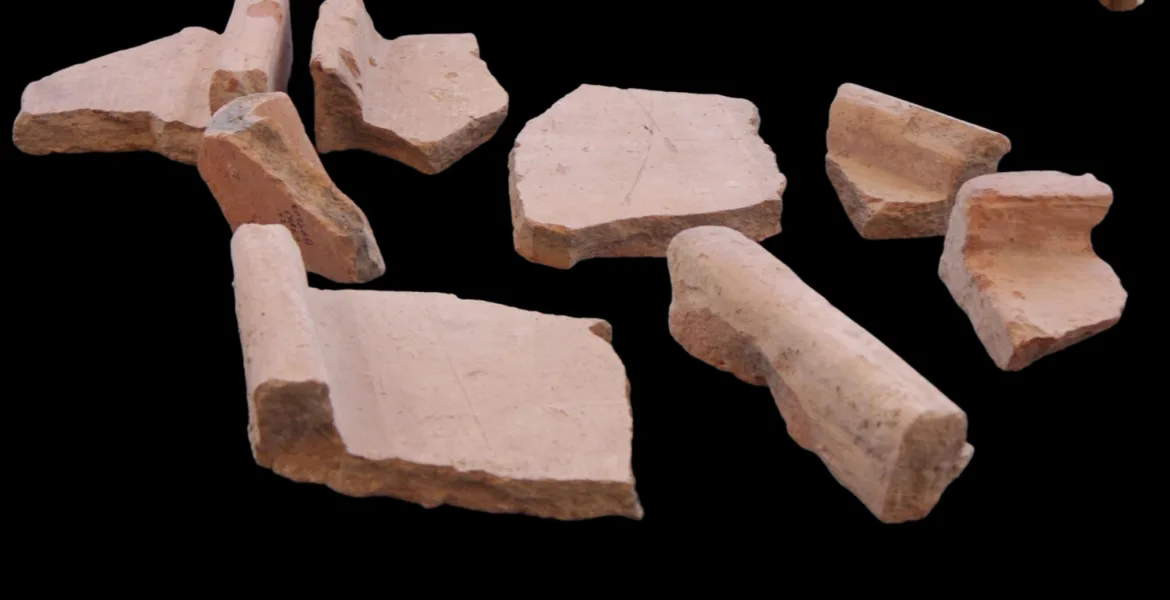Jerusalem: Sixteen recently discovered ceramic roof tile fragments are shedding light on a new facet of the Hanukkah story, revealing that the Seleucid king Antiochus IV brought not only his armies to Jerusalem but also Greek culture.
Dating back to the second century BC, these shards are the earliest known evidence of ceramic roof tiles being used in the Land of Israel. Found in excavations at the Givati Parking Lot in the City of David, they will be displayed for the first time at the Israel Antiquities Authority conference on December 11th.
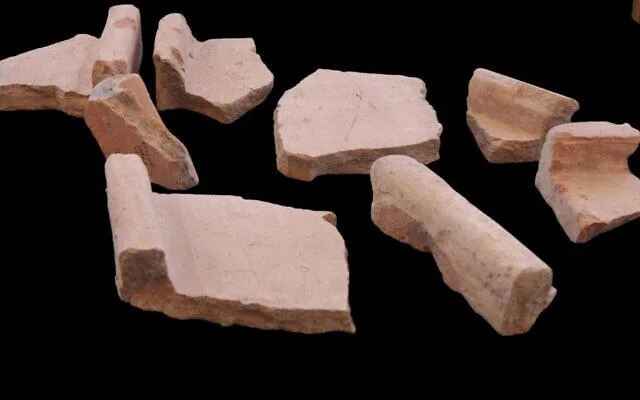
"Until now, we had little material evidence for the presence of the Seleucid Greeks in Jerusalem," said Dr. Filip Vukosavović, a researcher involved in the excavation. "These tiles provide tangible remains, linking us with the story of Hanukkah."
Ceramic roof tiles, invented in Greece, were widely used in nearby areas as early as the 7th century BC. However, they wouldn't appear in the Land of Israel for another 500 years. Researchers believe Antiochus IV introduced them, likely for cultural reasons and to showcase Greek influence.
"The climate and low precipitation in Israel don't justify using tiles for roofing," explained Vukosavović. "Yet Antiochus chose to do so, probably for cultural reasons and to make a statement by introducing Greek monumental material culture near the Jewish Temple."
The Book of Maccabees recounts how Antiochus IV desecrated the Temple and attempted to eradicate Judaism in 168 BC. This led to the Maccabean Revolt and the retaking of the Temple, celebrated today as Hanukkah.
While the Acra, a powerful fortress built by Antiochus IV to control Jerusalem, has been lost to time, recent archaeological discoveries are reviving the debate about its location. Dr Ayala Zilberstein of the Israel Antiquities Authority believes the tile fragments offer further evidence for their identification on the City of David Hill.
"The discovery of the roof tiles strengthens our case for the Hellenistic presence in the City of David," said Dr. Zilberstein. "These tiles, alien to local traditions, indicate that they were brought from Greek-controlled areas by foreign rulers."
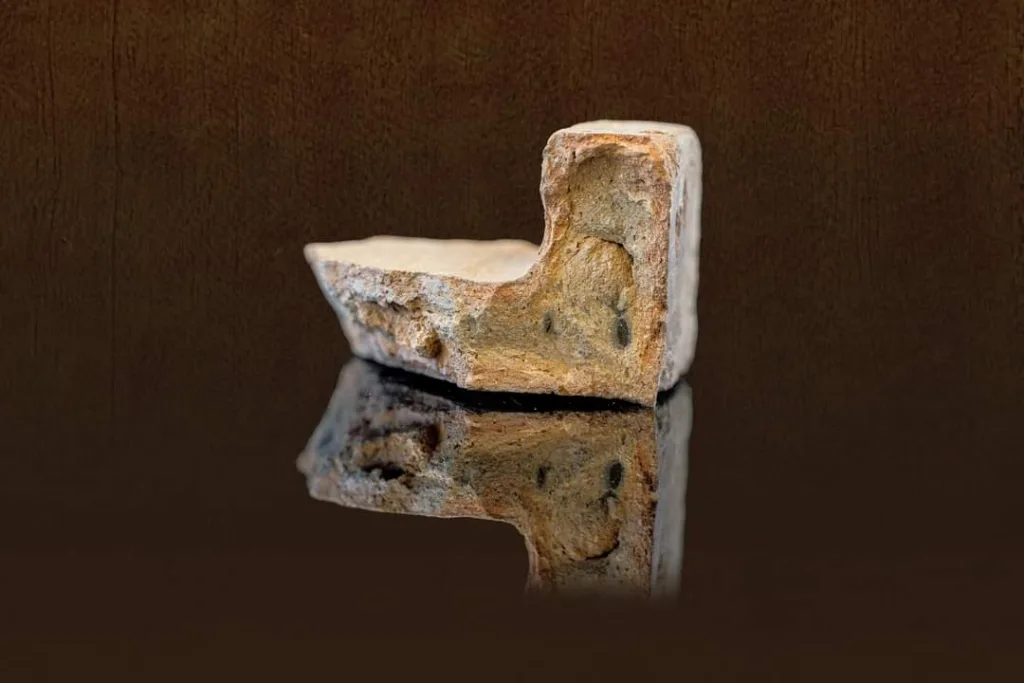
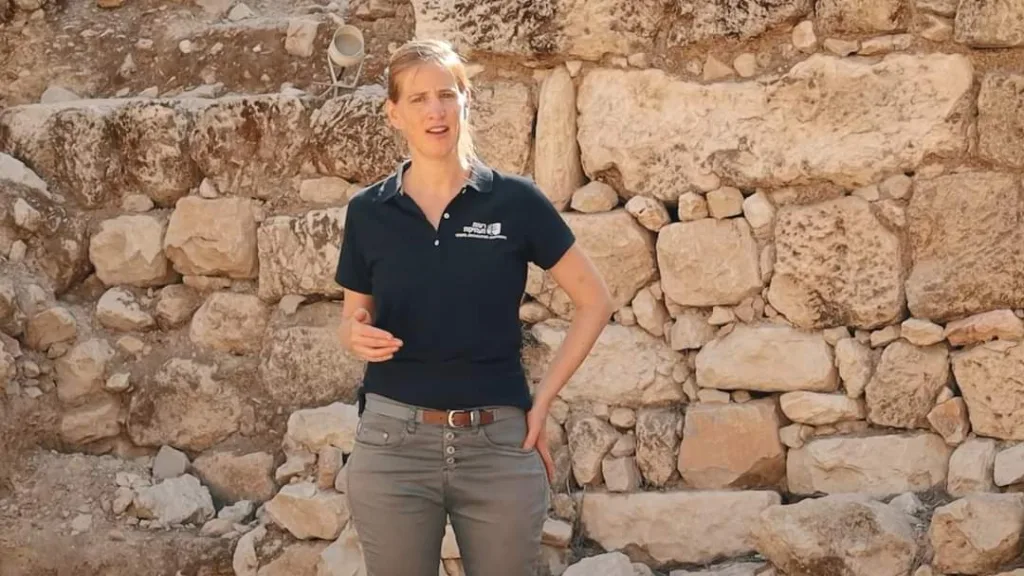
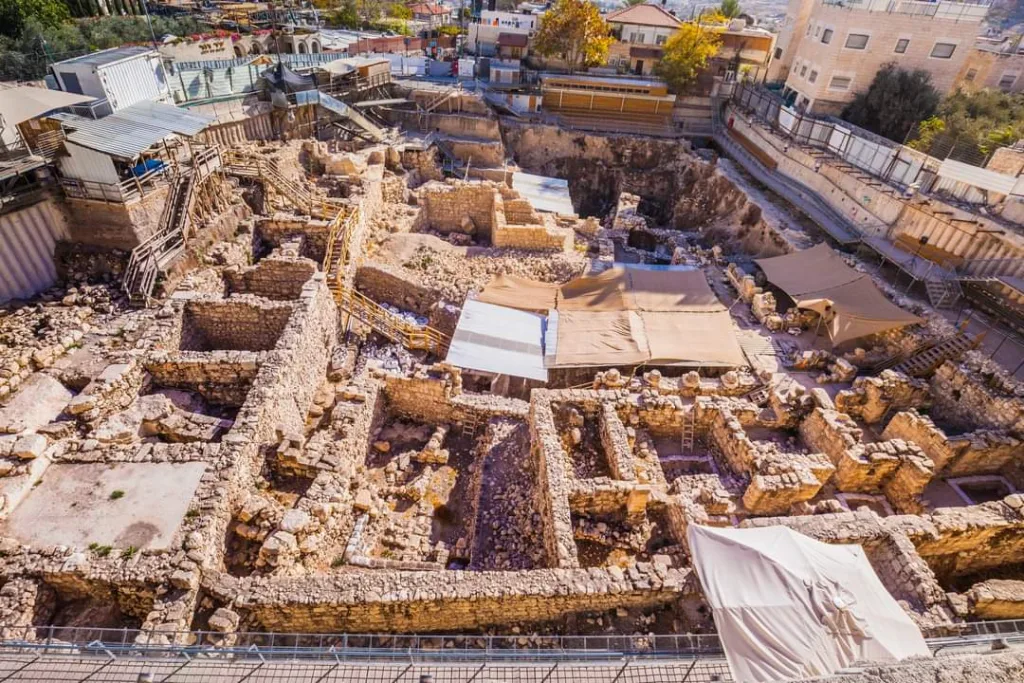
The researchers emphasize the significance of this small discovery, noting that it opens "a tiny window into a vast world of research." The unearthed tiles offer a tangible connection to the Hanukkah story and reveal a previously unseen aspect of Antiochus IV's influence.

